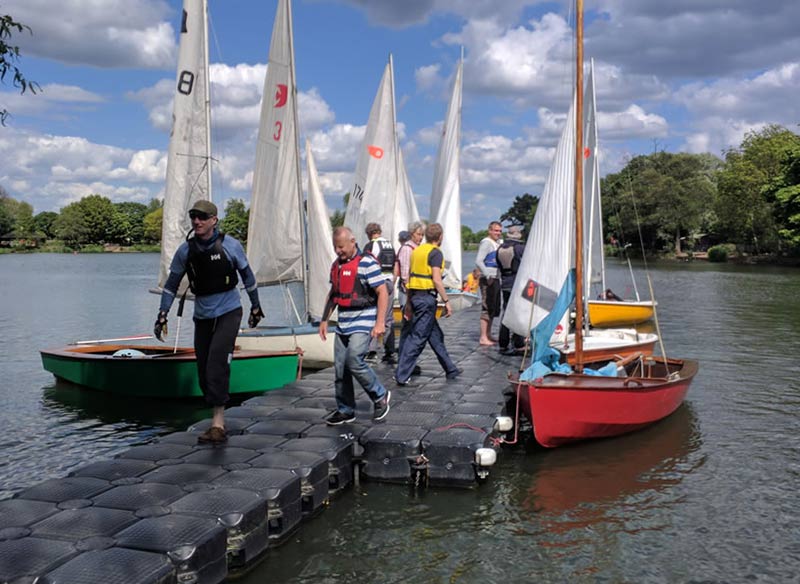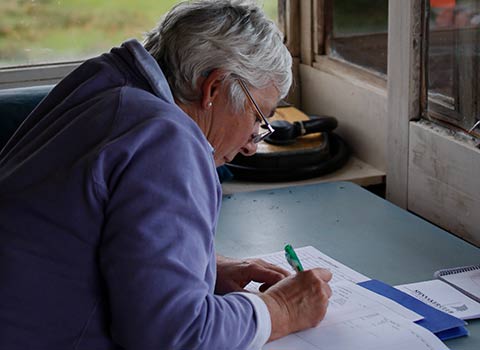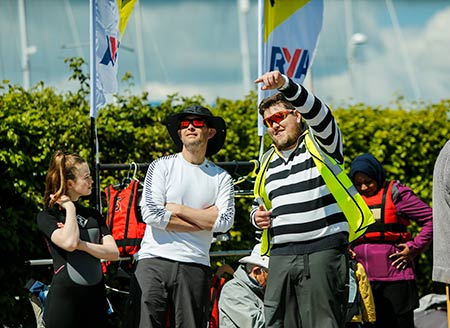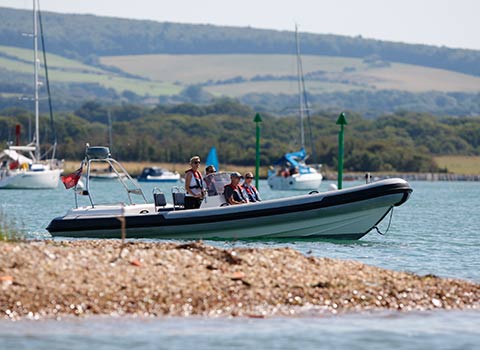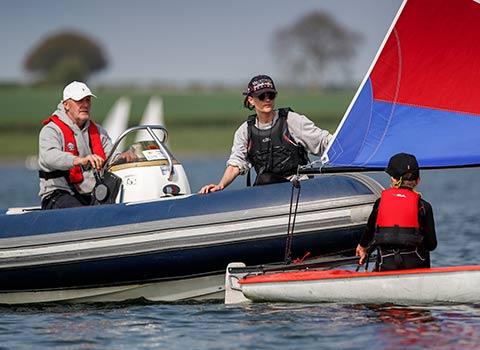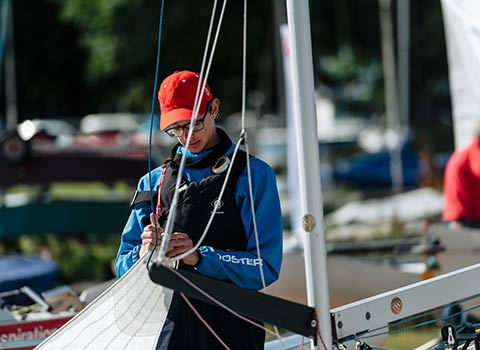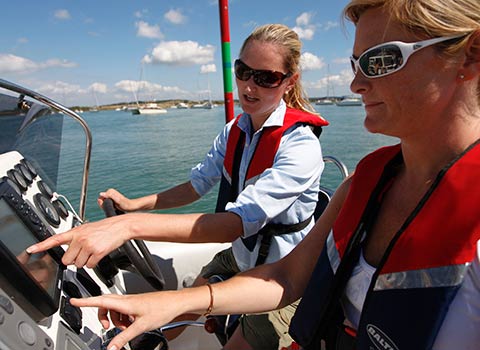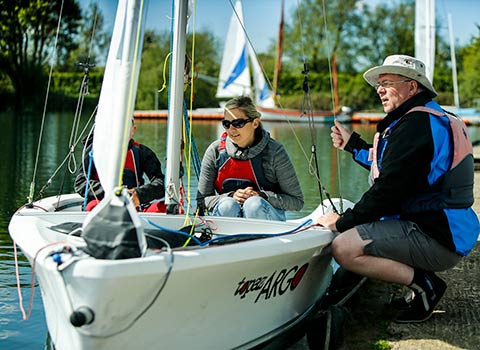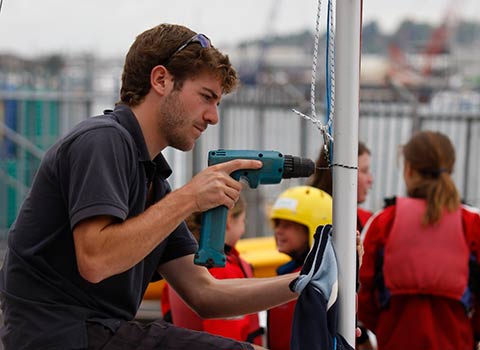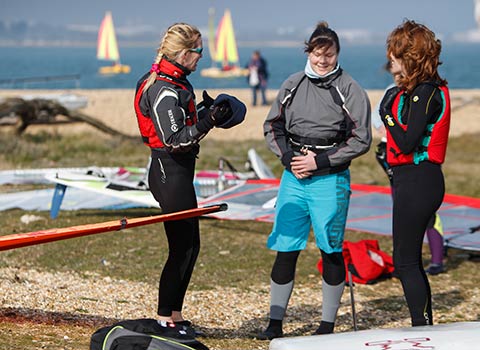Competent people given responsibility and authority
Competency is about proven skills, ability and knowledge
Safety is enhanced if delivery of activity on the water is by:
- Experienced, competent people who have proven skills, ability and knowledge,
- Whose suitability has been given due consideration by a committee / officer / role as designated by the organisation,
- And the appointment has been recorded,
- Or the delegated authority to appoint has been recorded.
Competent people
Competency is about proven skills, ability and knowledge. Previous learning, training and experience can be used as indicators. Attitude and physical ability can also affect competence.
You need to think carefully about the skill level required for each role. A safety boat driver, for example, should be unconsciously competent at powerboat driving – it should be second nature to put the boat where they want it when they want in a rescue situation. That level of competence takes training and time on the water – experience.
Safe people
You are also looking for safe people – people who, in whatever role they have on the water, have that authority, that sense of duty and who take immediate action in the interests of safety.
|
Attribute |
Description |
|
Supervision |
Know what support is available on the day – who is in charge, what other people and boats are available Ask for feedback on how you are performing |
|
Vigilant |
Be vigilant to your own safety and that of others Keep your head out of the safety boat and anticipate what might happen |
|
Good team member |
Listen, always be ready to help, support and respect others in the team, contribute with ideas, be reliable, solve problems quickly and efficiently |
|
Competent Capable Performer |
Get the right knowledge, ability and skills; get trained and qualified. Powerboat driving, for example should be unconsciously competent; makegood decisions around safety techniques and procedures Assess whether you are fit and healthy enough for what you may need to do in all conditions. |
|
Adaptable |
Assess situations calmly and efficiently. Be able to respond to changing circumstances. |
|
Disciplined |
Work within the framework of systems and procedures you have been given |
|
Experience and personal development |
Draws on and learns from past experience Is committed to personal development and accesses training and learning opportunities |
|
Personal equipment |
Have the right kit ready to hand and know how to use it (including under pressure) Ensure the equipment is in good working order |
|
Informed |
Be familiar with the operating procedures Find out if any of the sailors have specific needs while on the water Be familiar with the boats and equipment being used on the water– rig, de-rig, de-power. Be familiar with the operating area |
To ensure you have safe, competent people in place, for each safety critical role you can describe (and record) the training, skills and experience required, along with the committee or person within the organisation who can appoint to each role.
You might record:
- Role
- Experience required
- Course / training required
- To be appointed by
Once you have described the competence required for the safety critical roles on the water, you could record who has been appointed to each role – who has been given authority to carry out that role - or record who has been delegated the authority to appoint to each role.
Questions to ask - Competent and safe people
Find out more about:
Local and national regulations
There are situations where formal qualifications are required. If you are delivering activities to non-members using vessels you supply then do get advice from the RYA about any local or national regulations you may need to consider, and if those non-members are under 18, then seek advice about the AALA scheme.

